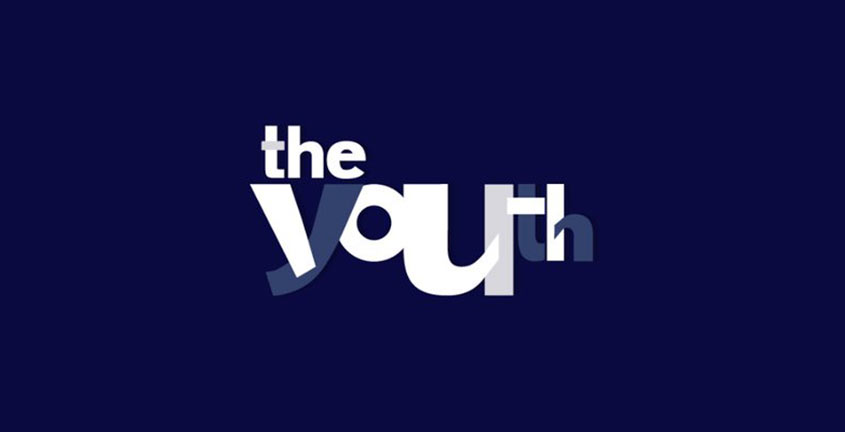My first impressions about Bulgaria – Sharon Brol
“What are the Balkans?” asked the italian journalist Paolo Rumiz in one of his books about this region. Before starting my Bulgarian adventure, I asked myself the same while trying to balance my expectations. As Rumiz wrote in his book E’ Oriente: “This is the place where identities are thickened and have no alternative between war and coexistence, between self-destructing and being a unitary space of spirit and civilization”.
The Balkans or the “border between the East and the West”, as the american writer Robert Kaplan defines them, are a door opened to new geographies, new languages, new cultures, new forms of human expression and new communication rules. With this in mind, I knew that, by taking part in the EVS, I would have constantly faced the “Other” and challenged my capacity to understand the difference, overcome barriers and skip cliches in a totally unknown place as Bulgaria was for me.
Once landed in the country, my first impressions were made of uncountable impacting images of this difference and unexpected connections with hospitable and helpful people. All of them unveiled to me something about their motherland through the eyes of who raised in it and lived its changes.
In Sofia, for instance, the traces of the former communist regime are still visible and its valley, embraced by mountains, is dominated by a large urban extension of Soviet-style cement blocks surrounded by natural areas. Since the beginning, life here seemed to a have a slower rhythm than in the West.
By the way, the place is experiencing rapid changes after Bulgaria joined the European Union, as Giorgi, a 19-year-old boy from the Black Sea coast, and Miro, a 26-years-old student from Sofia, told me there. Both of them are patient and hopeful regarding the future of this small country.
During the journey on an old minibus, I was able to appreciate some of the aspects that define the idiosyncrasy of Bulgaria. In the middle of its wooded mountains and its golden plains of wheat and sunflowers, there were remote villages where time, restrained for decades, now runs again.
I found this peculiar flow also in Kazanlak, where I’ll spend the next 11 months while taking part in the EVS. This is the place where I’ll embrace a new lifestyle, completely different from the one that I had before, along with people of different countries and ages.
Today is just the third day of my EVS, but I feel pretty confident that I’m going to undertake big changes in a very short period of time. I’ll learn in the measure that I’ll be motivated and I’ll believe in what I learn.
The game “What is EVS?”, that we played yesterday in Rozarium Park, helped me to reflect about the meaning of these first days, since it was a metaphor for understanding better the EVS as a learning process and who takes part in it. Junio and me were the volunteers, Belinda and Joao the supervisors, Amy the coordinator and together we had supported each other during the game. While playing, I understood the importance of trusting the others, being flexible and having an optimist attitude toward all the experiences that I’m going to come across with during the EVS.
Through the language, culture, history and way of living that characterizes people here, I hope to keep discovering the geographic and human universe of my hosting country, far from any expectations, preconcepts or connotations.
Bulgaria, like the Balkans, seems a multilayered and polifacetic territory with a controversial history, where the emotion given by unspoilt landscapes off the beaten track and human contact can still be authentic.

